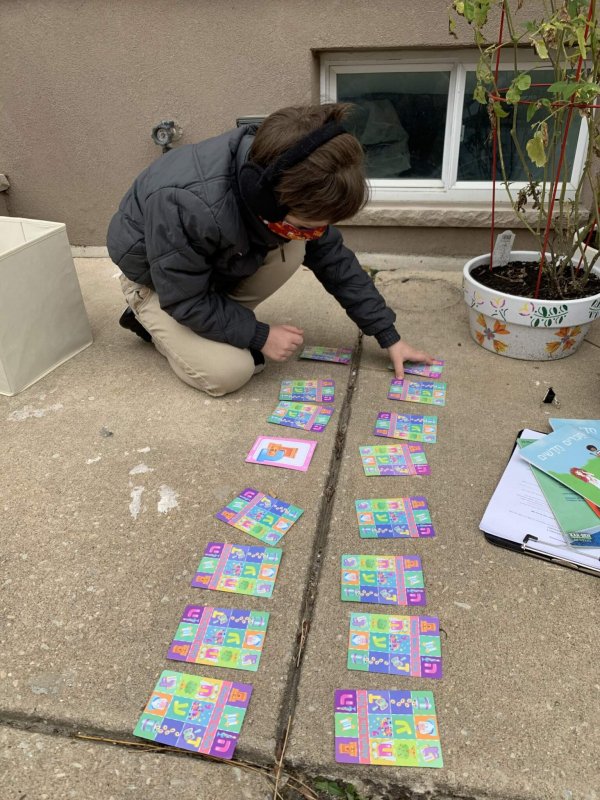
In our story last week, Rivkah’s difficult pregnancy ends with the birth of twins! Continuing from their prenatal conflict, the text’s descriptions of Rivkah’s sons focuses on their differences and incompatibilities. The first born, Eisav, is born covered in red hair. The second born, Yaakov, comes out holding onto Eisav’s heel. When they grow up, Eisav becomes a skilled hunter, but Yaakov is quieter and stays at home. Yitzchak prefers Eisav because he likes the game Eisav hunts, but Rivkah prefers Yaakov.

The Shorashim (1st and 2nd graders) played a game exploring these differences. Every kid had to pick one of the brothers and find objects or articles of clothing in their house that would give us a clue as to which brother they chose. Kids had some pretty creative props! One kid, who chose Eisav, dressed from head to toe in red clothing, since Eisav was red and hairy. Another child held on to the heel of a babydoll, since Yaakov had been grasping the heel of Eisav when they were born.
To deepen our study of this text, we pretended that we could go back into the Torah and ask the characters any question that we wanted. Here was what the Shorashim wondered…
- Why did you [Yaakov and Eisav] fight?
- I would ask Eisav, why don’t you stop hunting? Animals can get endangered.
- Why were you [Yaakov] in a campsite?
- Why do you [Yitzchak and Rivkah] have favorites? That is bad.
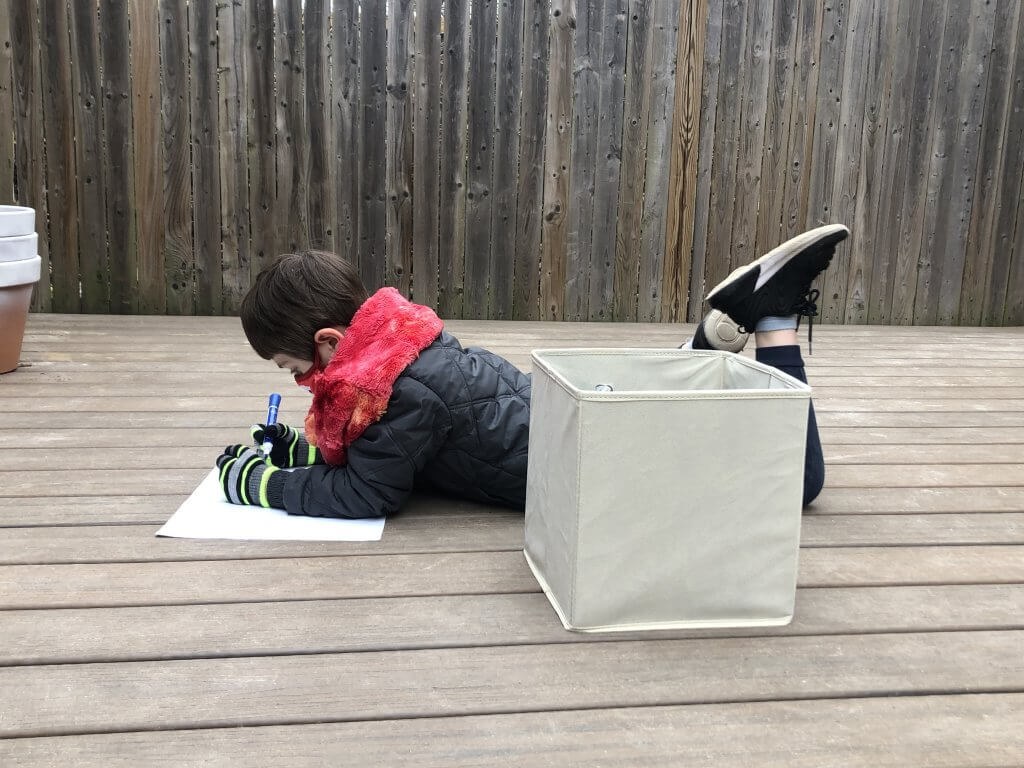
The Nitzanim (3rd and 4th graders) also wrestled with the idea of Yitzchak and Rivkah playing favorites. Do you think it was fair to Yaakov and Eisav that their parents had favorites?
- Definitely not. Parents should love their kids equally.
- Even if parents don’t love their kids equally, they should at least pretend like they do.
- It’s a little fair because each twin has a parent that likes them better. It would be worse if Yitzchak and Rivkah had the same favorite.
The Garinim (preK and K kiddos) reflected on their own experiences with favoritism. Have you ever felt like you were someone’s favorite? Have you ever felt like you weren’t?
- I felt like the favorite when I turned 4 and I knew I was the most important to my teacher.
- I don’t feel like the favorite at home because my brother is younger than me, so he gets more attention.
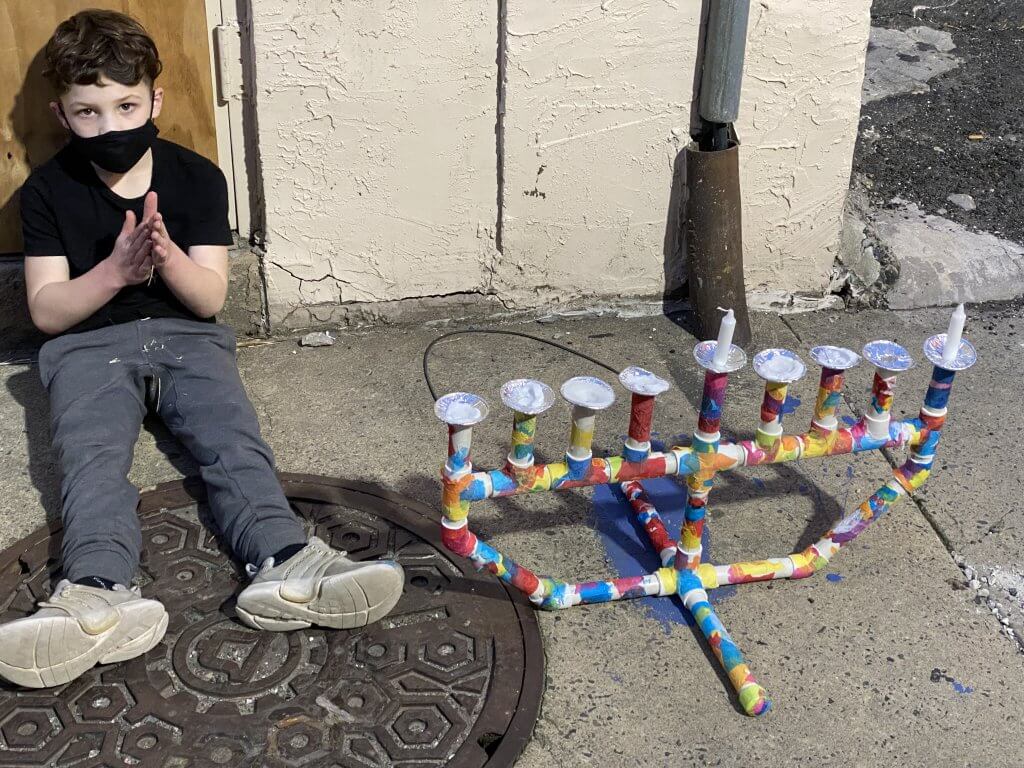
Even before they were born, Yaakov and Eisav were fighting with each other. Through having favorites, it’s as though Yitzchak and Rivkah chose sides in their fight. Have you ever chosen sides in a fight that you weren’t directly involved in? Why? How did you decide which side to pick?
- When there were two Makom friends fighting, I chose one side because that person was my best friend.
- When my brother and dad had an argument, I agreed with my dad because I liked the shirt he was wearing.
Can you think of a time when helping someone get what they need might look like playing favorites? How can we tell the difference?
- My dad printed out a coloring page for me but not my brother. But it’s not favorites – it’s just what I wanted.
- Helping a friend stay away from someone who’s not being kind to them. I’m not playing favorites, I’m just trying to take care of my friend.
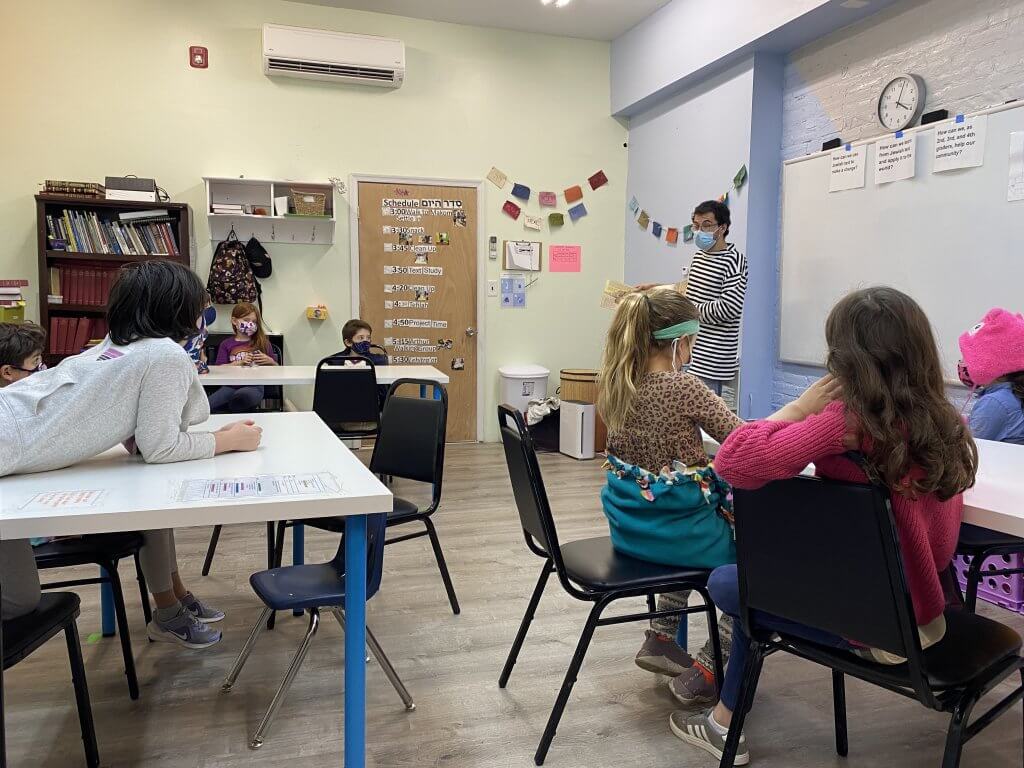
The Garinim also struggled to understand why Yaakov and Eisav were in conflict in the first place. Who decided that Yaakov and Eisav’s relationship would be like this? Did anything in particular happen to make it like that?
- Maybe they were fighting while they were growing up because they liked different things.
- They were fighting about who was going to be in charge even before they were born.
- I think they already knew about what God told Rivkah – that the older one will serve the younger one – and that’s why they were fighting in the womb.
- The younger one was bullying the older one from even before they were born.
- God made them do it.
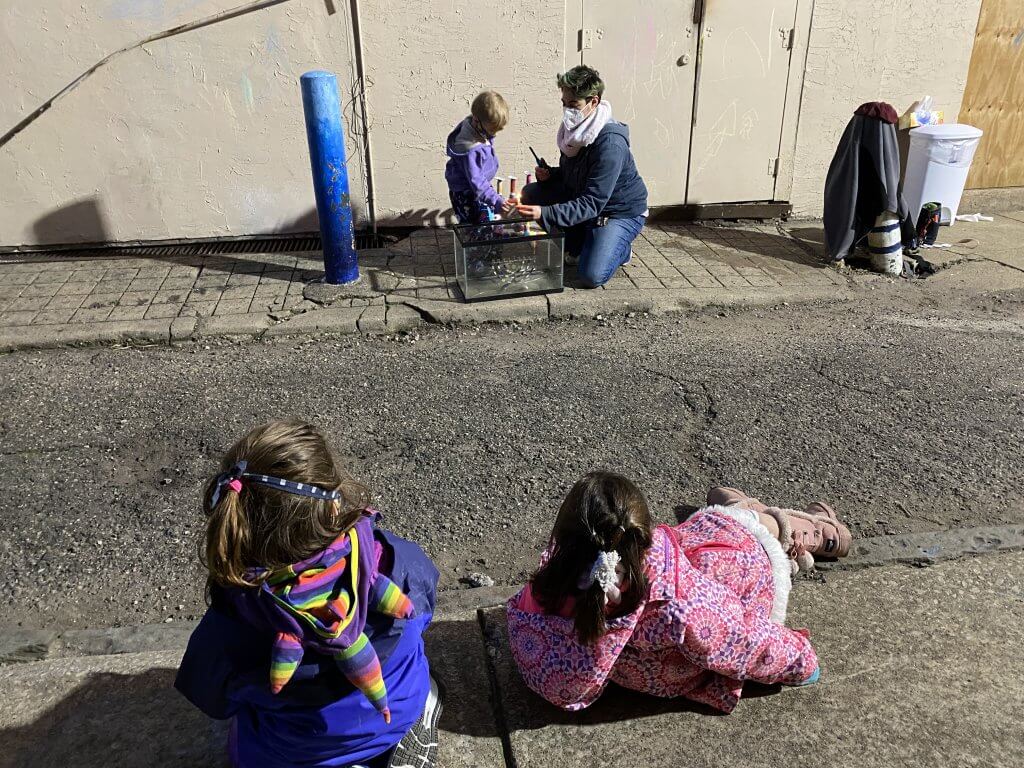
In the weeks to come, we’ll continue to examine the factors that influenced Yaakov and Eisav’s relationship development, whether there was any good reason for them to be in conflict, and what we can learn from their experience about how to resolve our disagreements and misunderstandings. Stay tuned!
